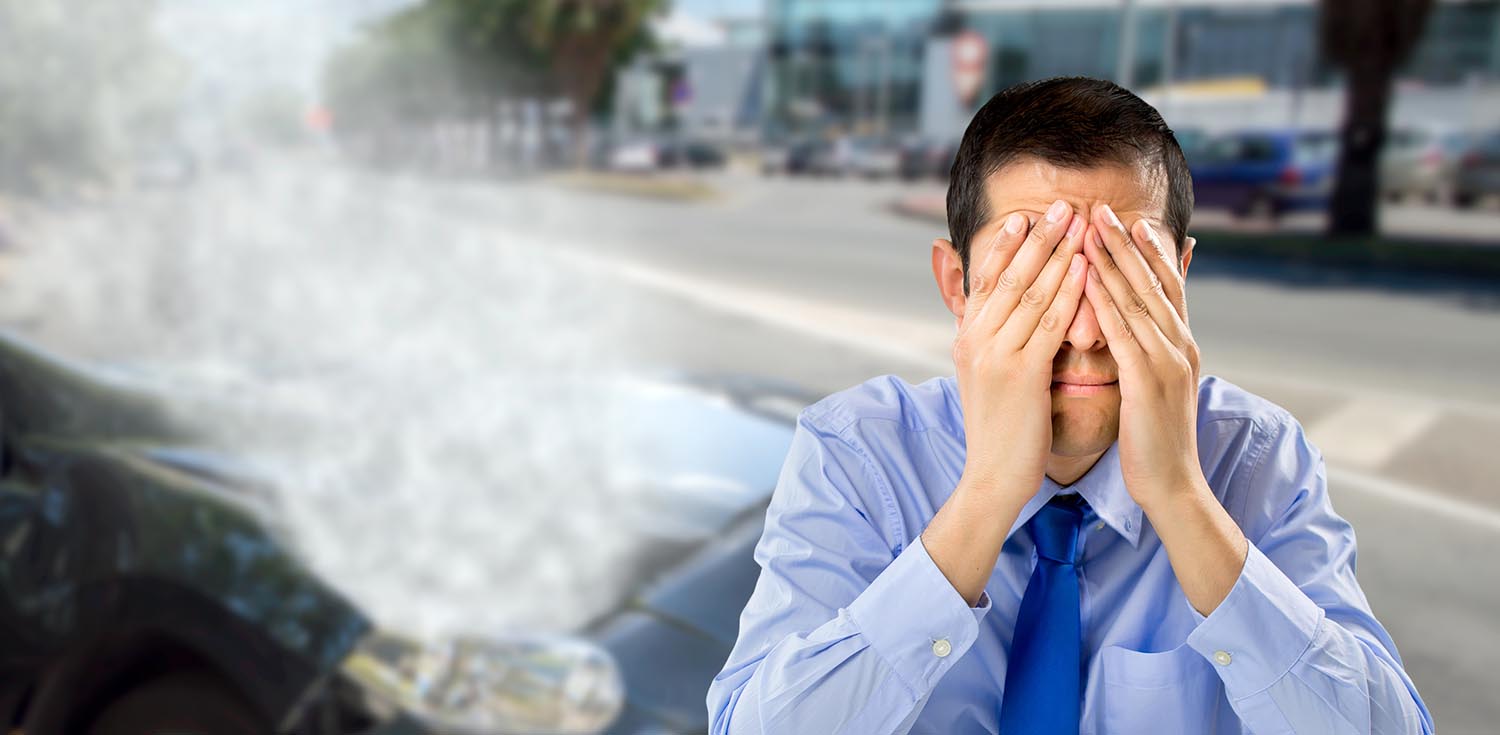
In 2018 Governor Rick Scott announced that Florida saw more than 116 million visitors in the previous year. The governor’s office stated almost 102 million were domestic visitors, nearly 11 million visitors came from overseas, and approximately 3.5 million visitors arrived from Canada. Whether the visitors are here for business or to enjoy our state’s many tourist attractions and beaches, many of them will require transportation. Therefore, due to the significant number of visitors to Florida each year and their use of rental vehicles it is possibly you or someone you know may be involved in a motor vehicle collision with a driver in a rental car.
Vicarious liability is a legal theory that allows a third party to be held liable for damages even if they are not involved in the accident. For example, a vehicle owner may be held liable for the damages caused by the negligent operation of his or her automobile by a driver who has been given permission to operate that automobile. Florida law, however, also places a limit on the amount of money an injured plaintiff can recover from a vicariously liable vehicle owner. In Florida a vehicle owner’s liability is capped at $100,000 per person and $300,000 per accident for bodily injury. A vehicle owner’s vicarious liability is also capped at $50,000 for property damages.
In 2011 the Florida Supreme Court held that a rental car company cannot be held liable for the damages caused by a driver of one of their company’s rented vehicles. The Graves amendment is part of a federal highway bill that became law in 2005. The amendment essentially barred vicarious liability claims against car rental companies for injuries caused by drivers of their rental vehicles. The law allowed injured parties to recover damages from a rental agency for damages caused by their customers only if the plaintiff could show that the company’s negligence contributed to the plaintiff’s injuries. For example, the rental car company could be held liable for injuries caused by the company’s failure to properly maintain the rental vehicle. In the case Vargas v. Enterprise, the Florida Supreme Court held the Graves amendment preempted a Florida law which allowed rental companies to be held vicariously liable for injuries caused by their customers. The Florida law stated in part, “The lessor, under an agreement to rent or lease a motor vehicle for a period of less than 1 year, shall be deemed the owner of the motor vehicle for the purpose of determining liability for the operation of the vehicle or the acts of the operator in connection therewith only up to $100,000 per person and up to $300,000 per incident for bodily injury.” By holding that the Graves amendment preempted the Florida state law, the Florida Supreme Court held that a rental car company is not liable for the damages caused by one of their customers simply because they own the vehicle.
Fortunately, Florida law requires that drivers insured in the state carry personal injury protection (PIP) coverage. The intention of the personal injury protection coverage law was to provide injured drivers with up to $10,000 in immediately available medical payments coverage regardless of who is at fault for a motor vehicle collision. Personal injury protection coverage is required to be purchased by all owners of vehicles registered in the state of Florida. Therefore, if you own a vehicle registered in Florida that is insured according to the law and are involved in an automobile accident with someone who is driving a rental car, you will have immediate access to $10,000 in medical payments coverage.
Personal injury protection coverage generally pays 80% of your medical bills up to the $10,000 limit. The current statute governing personal injury protection requires the injured party to seek medical treatment within 14 days of a motor vehicle collision. Failure to seek care within the two weeks following a collision may result in your insurance carrier denying your claim. Therefore, if you believe you have sustained an injury in a motor vehicle collision it is important that you seek medical care as soon as possible. Additionally, since personal injury protection coverage only pays 80% of medical bills it will be necessary to obtain the remaining 20%, and any amounts that exceeded the $10,000 in total coverage, from the at fault driver. An experienced attorney can assist you in negotiating a settlement with the at fault party’s insurance carrier or file a lawsuit against the driver individually in order to be fully compensated for you injury.
Rental car companies will often offer their customers insurance coverage. Generally, car rental companies will offer liability coverage and collision coverage similar to a personal car insurance policy. However, many customers choose not to purchase additional coverage and rely solely on a personal car insurance policy. Out-of-state drivers will generally be covered through the insurance carried in his or her state of residence. The laws regarding automobile insurance vary from state to state. Therefore, it is possible that the other driver will not have sufficient coverage to fully compensate you for your injuries. If you are involved in a motor vehicle accident and the other driver does not carry sufficient insurance coverage, or the driver does not carry any active insurance policy, it will be necessary to bring a civil action against that driver for compensation.
Underinsured and uninsured motorist coverage provides additional protection should you be involved in a motor vehicle accident with someone who is driving a rental car. Underinsured and uninsured motorist coverage is an addition coverage you can purchase on your own insurance policy. Such coverage allows for immediate compensation from your own insurance carrier for injuries caused by an uninsured or underinsured driver. By carrying uninsured and underinsured motorist coverage you will be protected even if the at fault driver does not have sufficient assets to compensate you for your injuries. Additionally, the at fault driver may still be held liable for your damages. Should your insurance carrier make payments on your behalf, your insurance carrier may then bring a civil action against the at fault driver to recoup those expenditures. The underinsured or uninsured motorist coverage, however, makes it possible for you to be compensated for your injuries as soon as possible.











